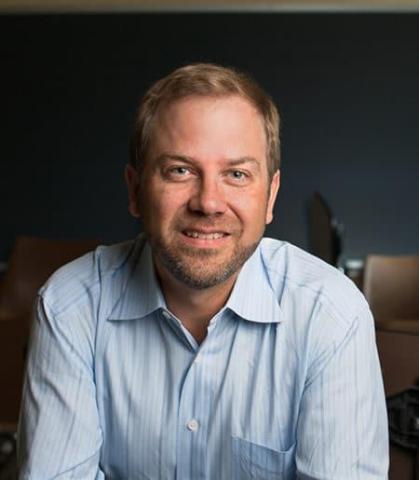Adam T. Smith

Distinguished Professor of Arts and Sciences
Anthropology
Director of the Cornell Institute of Archaeology and Material Sciences
Dr. Adam T. Smith is the Distinguished Professor of Arts and Sciences in Anthropology and the Director of the Cornell Institute of Archaeology and Material Studies (CIAMS). Adam’s research examines the role that the material world—everyday objects, representational media, natural and built landscapes—plays in our political lives, a theme introduced in his first book, The Political Landscape: Constellations of Authority in Early Complex Polities (California 2003). For over two decades, this research was centered in the Bronze and Iron Ages of the South Caucasus, anchored by a multi-sited program of archaeological investigations in central Armenia that provided the primary material for numerous articles and two books including The Political Machine: Assembling Sovereignty in the Bronze Age Caucasus (Princeton 2015). That research was supported by grants from a range of public and private sources including the National Science Foundation, The National Endowment for the Humanities, and the National Geographic Society.
Since 2020, Adam’s interest in the politics of things has shifted to focus on cultural heritage threatened by conflict and repression. As a co-director of Caucasus Heritage Watch (CHW), his research and writing is currently centered in the emerging field of heritage forensics and the use of earth-observing satellites to document at-risk cultural sites. This work is both academic and public-facing as it bears on issues of international law, global treaty obligations, and policy making from the US Congress to the European Parliament. Adam is also a co-director of the community excavations conducted at St. James AME Zion Church, a collaborative research program that brought together faculty and students from Africana, Anthropology, CIAMS, Classics, Near East Studies, and other campus units to help tell the story of one of Ithaca’s most historic institutions.
Adam first came to Cornell in 2010 as a fellow at the Society for the Humanities during a sabbatic leave from the University of Chicago. That year he was also selected as a Guggenheim Foundation Fellow. Since moving to Cornell, he has served in administrative roles as Chair of Anthropology and two terms as Director of CIAMS. He has also served on the Cornell University Press’s faculty board, the Provost’s Task Force on the Humanities and Arts, the Humanities Council, and two terms on the University Financial Policy Committee. He is currently a fellow in the Milstein Program in Technology and Society. He has also been involved in national service. Most notably, in 2020 he co-founded the Archaeological Centers Coalition, a consortium of archaeology programs from across the U.S. focused on enhancing the discipline’s diversity and inclusivity.
Candidate Statement:
This is a pivotal moment for higher education in the U.S. Never before have American universities been under such pressure from the federal government nor have faculty labored amidst such profound uncertainty. How we address the current crisis will shape Cornell and academia for years to come. My goal, as Associate Dean of Faculty, would be to help Cornell meet the challenges of this moment by clearly articulating the role of the faculty in advancing knowledge, public understanding, and student achievement. The Associate Dean of Faculty plays a key role in the University’s mission by supporting the Dean of the Faculty and the Faculty Senate in their efforts to promote shared governance, amplify scholarly insights, and contribute to the public good. I am particularly interested in how we can translate the work of our extraordinary faculty to the wider community and enhance awareness of the consequential impacts of Cornell-based research and teaching. It is also critical that the new Associate Dean of Faculty be a partner in maintaining the University’s commitment to Cornell’s founding vision of “any person…any study”. Shared governance is critical to the university’s capacity to weather the current storm. The voice of the faculty, shaped by shared practices of thoughtful study and rigorous training, is a resource that can help the university navigate the historically unique challenges of the current moment.
Further Information:
https://caucasusheritage.cornell.edu
https://archaeology.cornell.edu/-st-james-ame-zion-community-excavations
